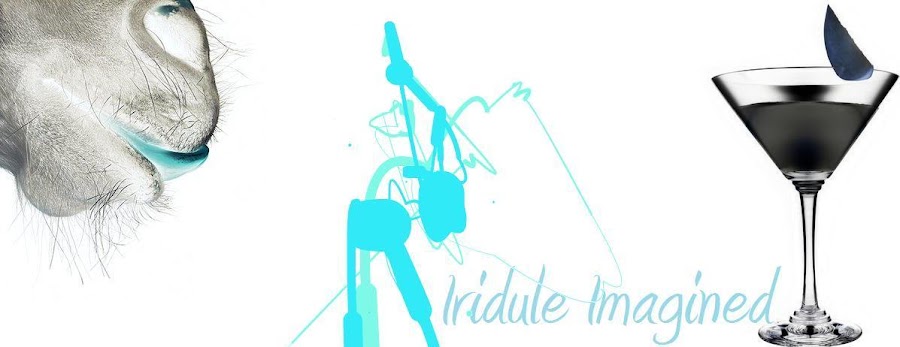That sense of eternal summer is fading now, along with many of my notions of "adulthood," but some things haven't changed as much as I expected. "The new one" is still my favorite season, and despite the abnormally cold spring we're having here in Brick City I am famously in love with the flooding river and half-barrels spilling daffodils around my block.
This move has been fantastic for me. I enjoy my work, at least as much as can be reasonably expected for a "social" job, and I have everything I wanted: an abundance of friends and my own one-bedroom retreat for solitude. I turned down an irresponsible (wonderful, temping, mind-bogglingly stupid) traveling spree to pick up this life of routine and bill-paying, and I can't say I regret it. Things are going very well, but I'm sure I'll miss Brice while he's off a-wandering without me.
At some point in deep-freeze of March I got the brilliant idea to start some seedlings for summer vegetables. My long-term project for this summer continues to be a low-to-moderate water usage container garden, but I've moderated the “vegetable” aspect slightly to include primarily herbs, lettuce greens and peppers with a few smatterings of shade-tolerant flowers. I'm fairly certain no amount of vigilant watering and anti-sabotage devices will allow me to grow heirloom tomatoes on a sunny Midtown sidewalk.
 ting soil, a few gallons of water, and half a dozen seed sachets later, I've got a window full of sprouts and an unfortunately cold spring during which to transplant them. I've been paralleling their development with my own in the recesses of my mind for a few weeks now – shiny new foliage, shallow roots and a nearly imperceptible list toward the sunnier side of life – and I'm finding that no matter how many metaphors I mix or Wendell Berry novels I read, there is just something fundamentally rewarding about cultivation. It escapes explanation, but all gardeners nod knowingly and embrace it.
ting soil, a few gallons of water, and half a dozen seed sachets later, I've got a window full of sprouts and an unfortunately cold spring during which to transplant them. I've been paralleling their development with my own in the recesses of my mind for a few weeks now – shiny new foliage, shallow roots and a nearly imperceptible list toward the sunnier side of life – and I'm finding that no matter how many metaphors I mix or Wendell Berry novels I read, there is just something fundamentally rewarding about cultivation. It escapes explanation, but all gardeners nod knowingly and embrace it.I resolved shortly after the first few arugula sprouts popped up to grow my mind along with my plants, yet nothing I tried could convince my stubborn spinach seeds to germinate and I quickly lost interest in the metaphysical impact of gardening. But this weekend -- after my spinach finally deigned to push a spiky frond through the soil -- I dutifully bought a copy of Dostoyevsky's The Brothers Karamazov.
That sentiment would probably be improved with a bit of exposition: five years ago Dr. Jonathan Lauer gave his First Year Seminar a list of books from which to choose one the a focus for a short paper catching glimpses of the holy in contemporary fiction. I have since read all of those books, with one glaring exception: David James Duncan's The Brothers K. It's the last piece on that list of what has been an unabashedly pleasant bit of enlightenment, and I simply can't pick it up without the obvious precursor under my belt. I've laughed, cried, read and re-read many of Jonathan's picks, always richer for the experience, but these have undoubtedly been the (somewhat surprising) best:
The Wind in the Willows by Kenneth Graham (read Walden first)
Godric by Frederick Buechner (read Reginald of Durham first)
Til We Have Faces by C.S. Lewis (read The Golden Ass [or at least Edith Hamilton' s Mythology] first)
I seriously doubt that Jonathan expected any of us to take his list of suggestions and run with it, and it took me a solid three years of doing English Major-type grunt work to fully appreciate a good book when I saw it. In fact, I was so fed up with Wordsworth (my least favorite lacustrine, loquacious poet) that I nearly didn't pick up any novel at all. Still, I was having a bad day and somehow I found myself wrapped up in the search for young Otters at dawn when the world suddenly melted away in a tragically short-lived spurt of transcendentalism. As it turns out, spinach spouts and books are never late, nor are they early; they arrive precisely when they mean to.

1 comment:
Never throw mud. You may miss your mark, but you will have dirty hands.
Post a Comment